-
News
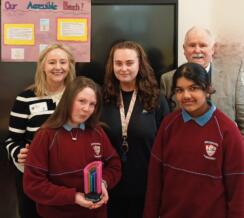
St. Laurence O’ Toole’s National School Wins Universal Design School of the Year Award
-
Events
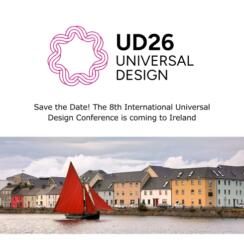
Save the Date for the 8th International Universal Design Conference (UD26)
-
News
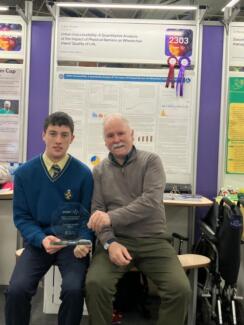
CEUD at the Stripe Young Scientist and Technology Exhibition 2026
-
News

Ireland’s Annual Monitoring Report 2025: EU Web Accessibility Directive
The NDA is named as the National Monitoring Body in the European Union (Accessibility of Websites and Mobile Applications of Public Sector Bodies) Regulations 2020.
-
News
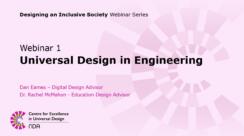
Launch of Universal Design Webinar Series with Engineers Ireland
We recently delivered the first of four webinars in the series titled 'Designing an Inclusive Society'.
-
News
Design Sprint Workshop: AI as an Accessibility Partner
-
News
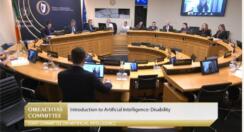
NDA appears before the Joint Oireachtas Committee on Artificial Intelligence
The Committee met to discuss the impact of AI on the lives of persons with disabilities.
-
News

The NDA Autumn Newsletter is now available to read!
-
News
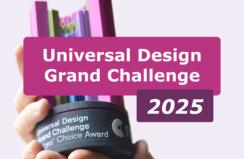
Universal Design Grand Challenge 2025 Winners
Images by Karl Hussey
